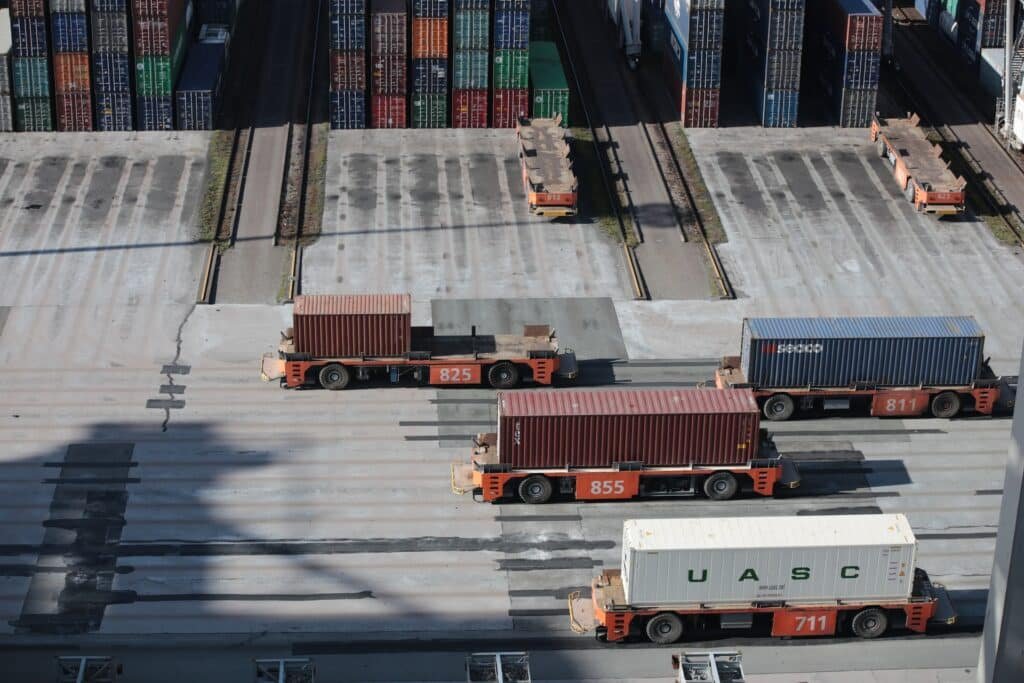
According to the well-known saying – the devil is in the details. This is true in many walks of life, of course, but it is something that is definitely the case when it comes to European express freight services from the UK. In the past, many British firms thought very little of sending their own delivery vans to continental Europe to make deliveries. This was especially so if the firm in question was reasonably close to a channel port – such as Dover, Newhaven or Portsmouth, for example – and the delivery address was in northern France or one of the Benelux countries.
Nowadays, freight to any part of the continent requires a lot more attention to detail following the UK’s departure from the EU’s customs union. Even if you are shipping to a country outside of the EU, such as Switzerland or Norway, then your goods will have to pass through EU territory, so the same processes and checks apply. What do you need to have your eye on when shipping goods, especially urgent goods, to European clients today? Read on to find out.
What Is an Urgent Delivery?
All express freight being sent to Europe is urgent when you think about it. Typically, urgent freight will be perishable in some way or have a time limit on its use, such as pharmaceutical orders, for instance. There again, aircraft on ground despatches are often given the highest priority. Components needed for time-sensitive events and shows can all count, too. In the end, it comes down to your customer’s expectations. If they order goods from UK-based companies, then they’ll want their deliveries just as quickly as they did before the UK left the trading bloc.
Export Paperwork
All exporters will need to make sure that their order fulfilment isn’t held up in the UK because their documentation lets them down. Use a reputable freight forwarding firm with the necessary experience in this area unless you already have the skills in-house.
Importation Clearance
Once commercial goods arrive in the EU – usually via a French port, but also via the Netherlands, Spain, Belgium and Germany, too – they will undergo a brief physical inspection. So long as your EU paperwork is in good order this shouldn’t delay the shipment. Use a logistical firm that has international licenses in place to handle these sorts of declarations since mistakes are costly and time-consuming to resolve.
Fast Goods Collection
According to one of the UK’s leading BIFA-accredited freight forwarders, Barrington Freight, a detail of express freight to Europe that is often overlooked is how fast goods can be collected in the UK to begin their journey. True express services send a suitably sized van or truck within hours of instruction and can deal with collections in any part of the UK, including the Highlands of Scotland, Northern Ireland and West Wales, as well as easier-to-reach locations.
Route Planning and Consignment Tracking
Don’t forget about route planning. This should be dynamic and change as road conditions do. Avoid delays with teams of two drivers so that your freight doesn’t need to stop and track the progress with GS data en route. Good courier firms serving destinations in Europe should provide this for you.
